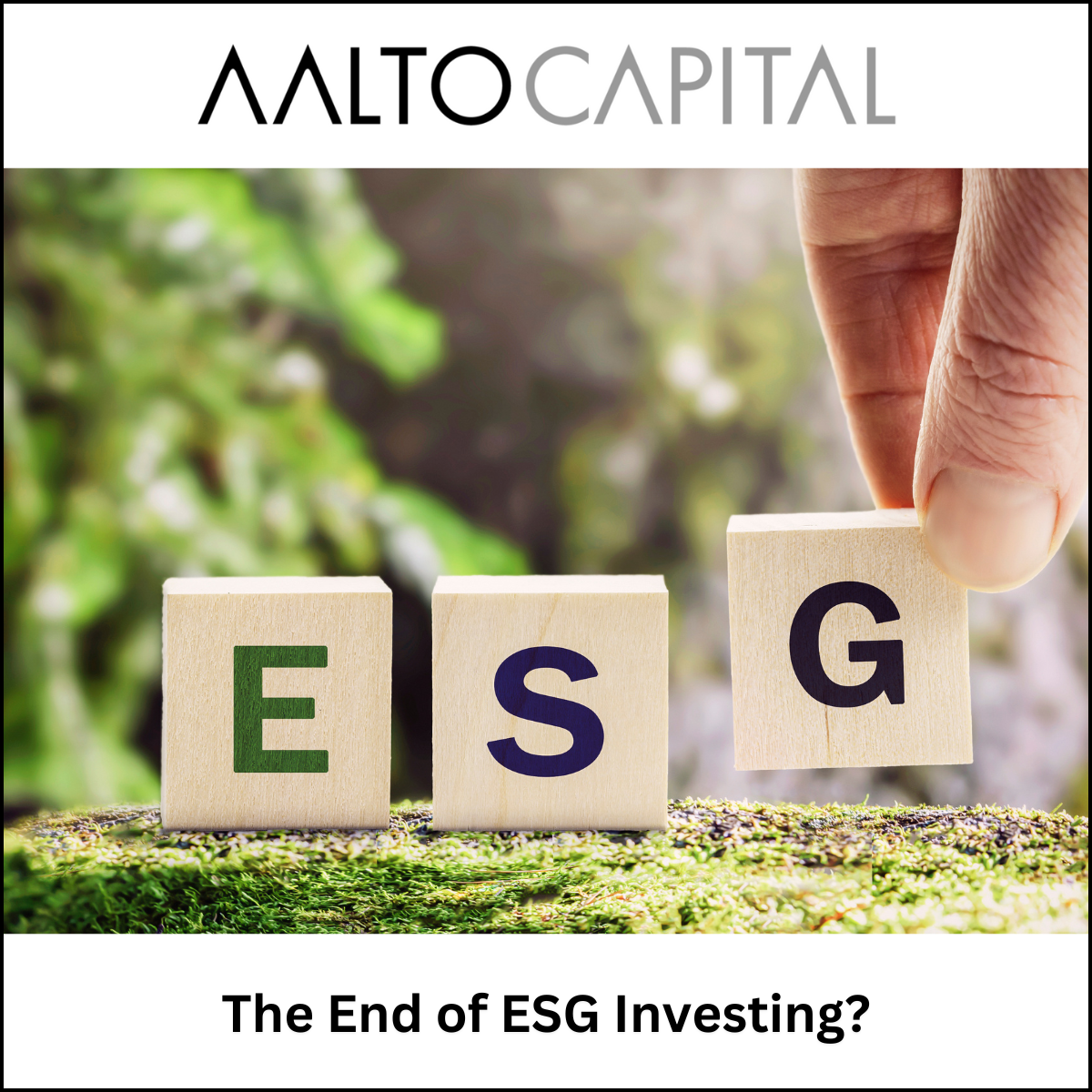The End of ESG Investing?

President Trump has been outspoken in his opposition to ESG policies. His “drill, baby, drill” stance has led the administration to roll back environmental regulations and cut funding for carbon-reduction initiatives, leaving the energy sector and related industries on unsteady ground. Beyond these measures, his administration has targeted diversity, equity, and inclusion (DEI) programs, as well as other social and governance policies, through both executive orders and legal actions. Recently, President Trump signed an executive order instructing U.S. Attorney General Pan Bondi to investigate and block the enforcement of state-level ESG legislation.
Critics in the US and globally have seized the moment to portray ESG as a tarnished concept, but is this truly the demise of ESG investing?
In practice, many investors continue searching for companies that combine profitability with positive environmental and social impacts. As federal support diminishes, private capital has become a key source of funding for sustainability-focused initiatives. According to Pitchbook data, PE funds with top-tier (“AAA”) ESG ratings achieve an average IRR of 25.4%, two percentage points higher than those at the “AA” level and 7.8 points higher than “BBB” funds.
Publicly, investors may be using fewer ESG-related buzzwords in their mandates and marketing, yet many remain committed to the underlying principles. Pitchbook also reports that the number of signatories to the Principles for Responsible Investment (PRI) continues to grow, albeit at a somewhat slower pace than before.
While the US administration retreats from ESG-focused measures, UK and European investors may benefit, as US investors with historically high valuations leave the negotiating table. For ESG businesses, this environment could also allow international competitors to expand their influence and market share in the US and abroad. The backlash against ESG may also serve to reduce ESG-washing, leaving behind businesses and funds with a more genuine commitment to sustainable growth.
Ultimately, the outlook for ESG investing is still dependent on various macroeconomic and political factors such as the tariffs, which are a concern across sectors. It does not seem, however, that ESG values are going to be so easily swept under the table.